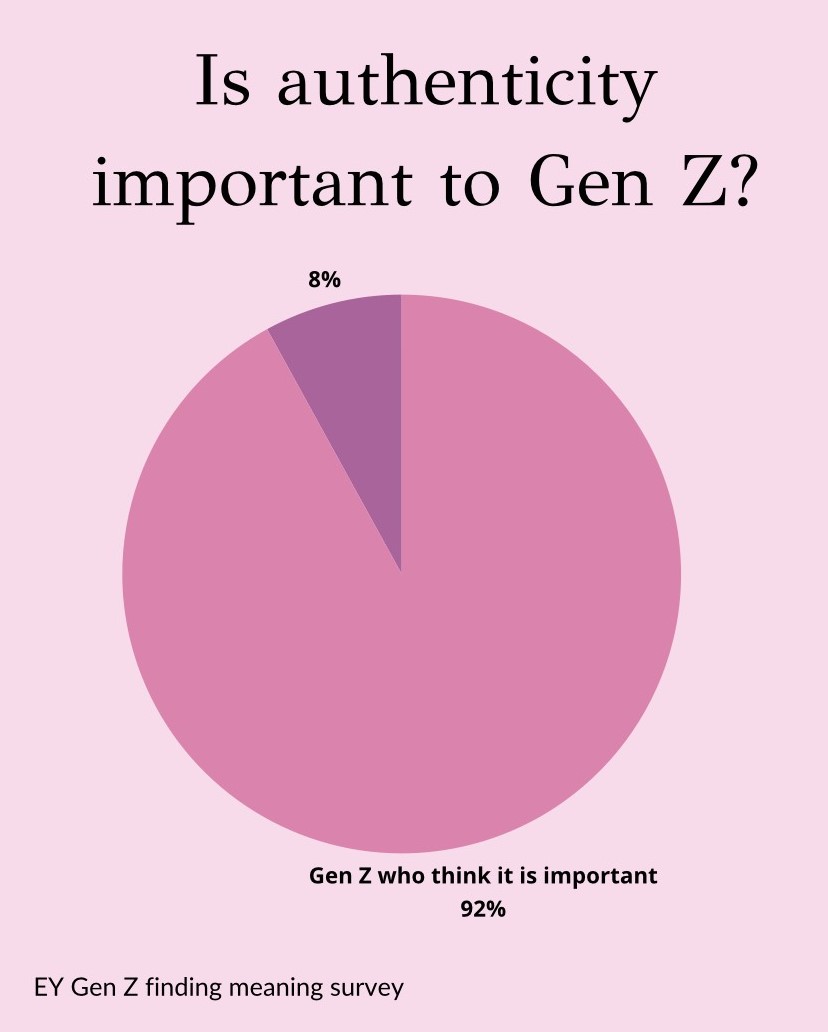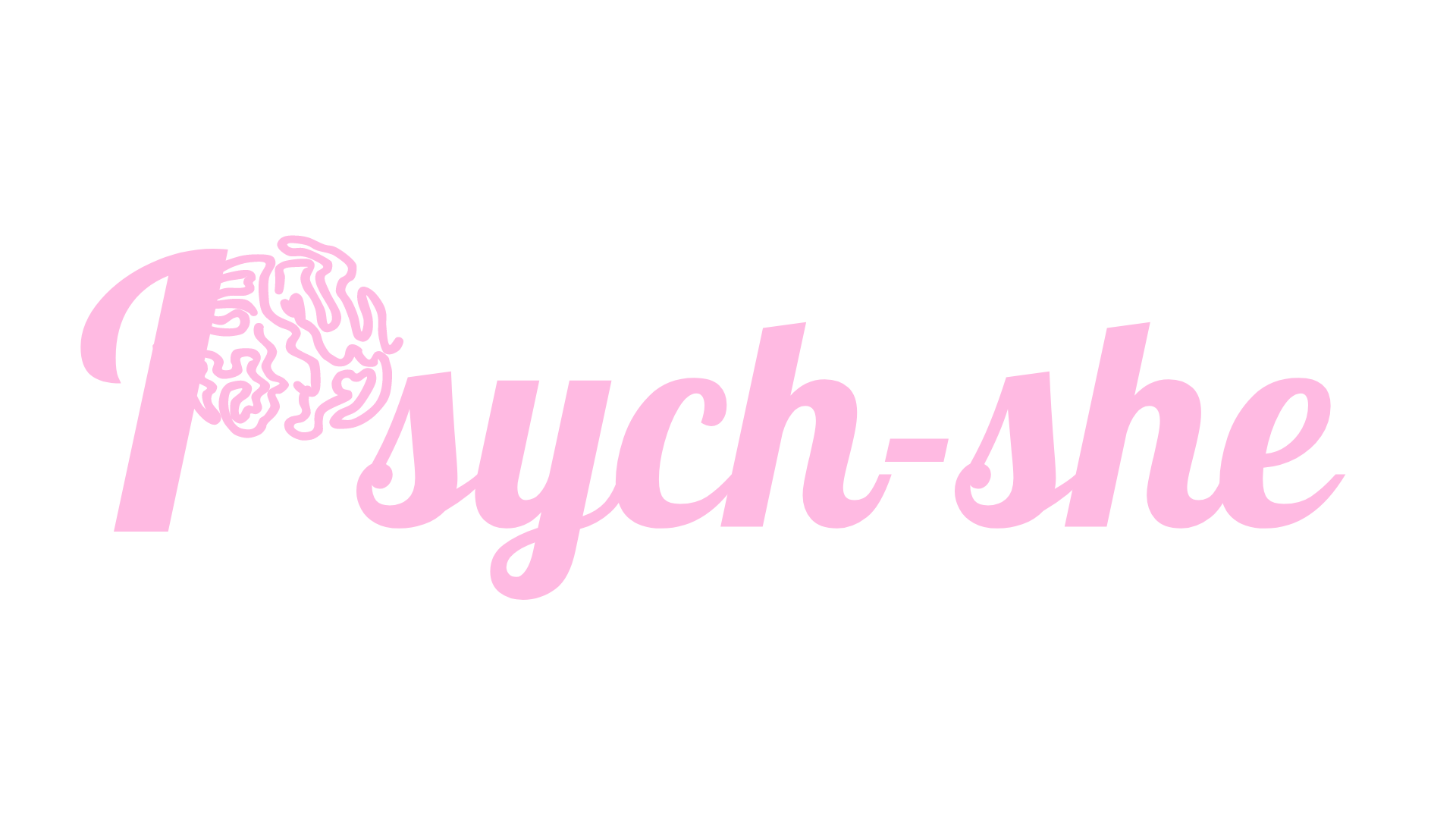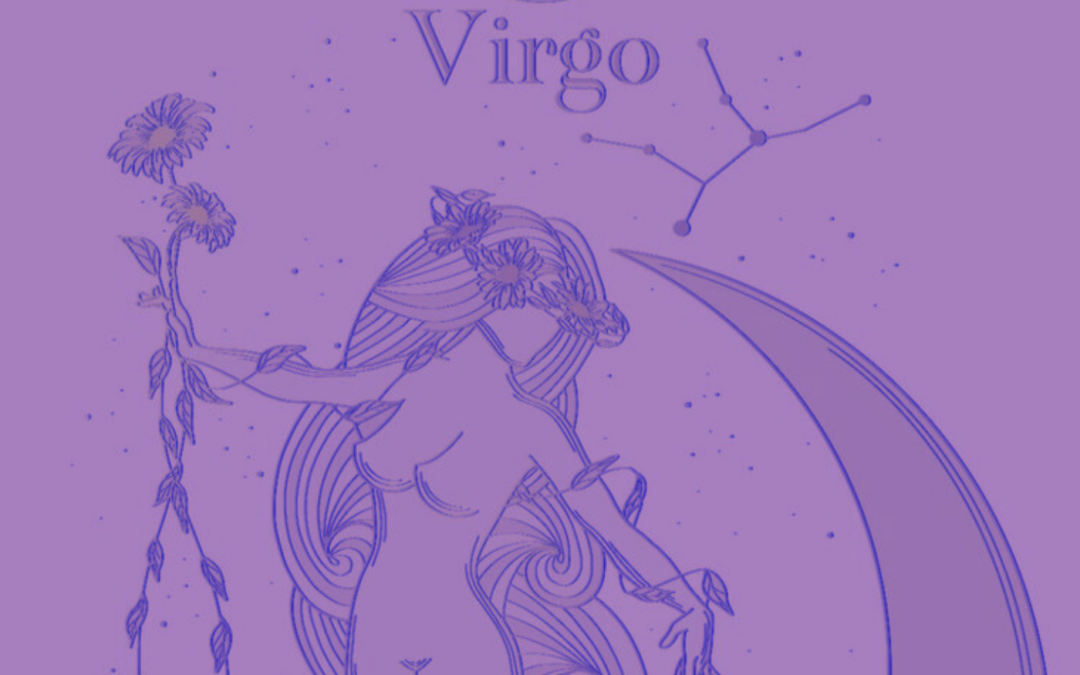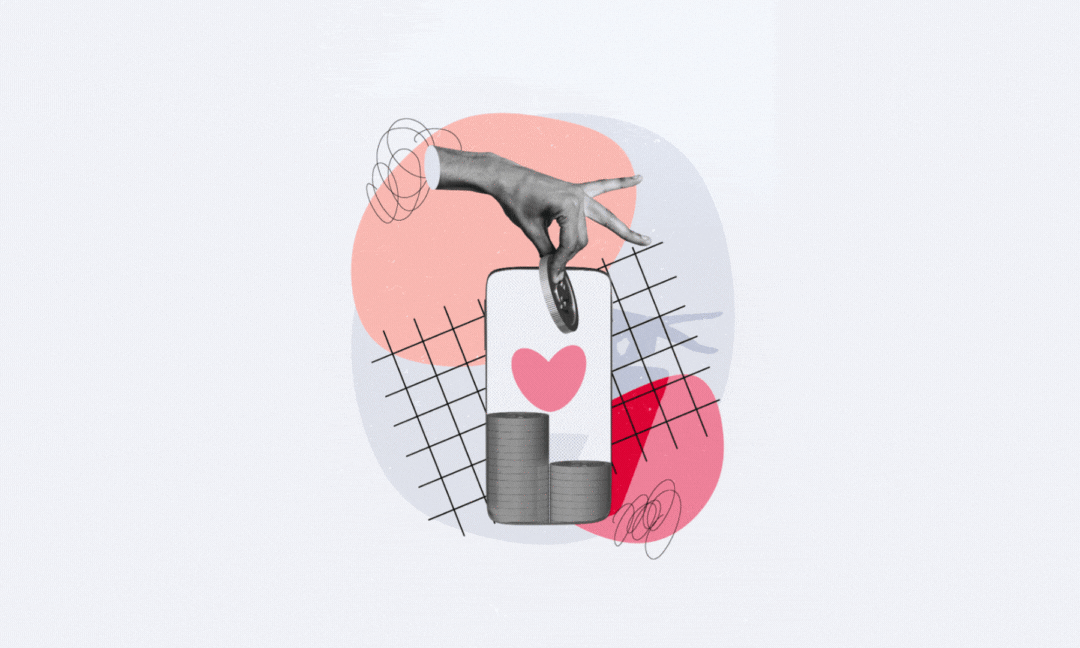With 92% of Gen Z claiming that authenticity is very important, being fake is clearly not an option. The issue is we are all inauthentic to some degree , but do not worry. Psych-she’s reporter Louise has investigated this dilemma.
As someone who regards themselves as an authentic person, I feel as though I have a good grasp on who I am and the personality traits I possess. Now before I continue, I’m not going to bore you with a paragraph on how amazing I am because I’m so friendly and kind, yawn.
I am well aware that I am stubborn and can be bossy, which has been told to me by my own mother, so a warning to any future partners. However, just to save myself from a future of zero romantic connection, I promise I am also emphatic and would like to think I am fun. (The last one depends on who you ask, btw)
With this in mind, if someone were to brand me as fake the insult wouldn’t necessarily bruise my ego but it would most likely force me to reconsider how I appear to people.
Apparently I am not the only one either, as the strive to authenticity among Gen Z according to research shows that ‘92% indicated that being authentic and true to oneself is extremely or very important’.

Whilst coming across as fake is clearly something us Gen Zeers take seriously, I am about to throw a spanner in the works to the idea of ‘authenticity’ as another study shows that only an estimated 10-15% of people are truly self aware.
Before you start having an existential crisis about everything you think you know about yourself, we are going to talk to the experts to find out what it means to be truly ‘authentic’.
Stephen Joseph, professor at the University of Nottingham in the school of education and author of the book ‘Authentic: How to be yourself and why it matters’ explains that: “Over the course of our lives, we are influenced by our caregivers, religious leaders, teachers and all these different people, that build up, like the layers of an onion. So as we dig down and begin to unpeel those layers the more authentic we become
“Very few people of any ever do much in the way of peeling more than a few layers, so is anyone ever truly, fully authentic? Probably not. So when we walk into social situations, we’re always bringing a degree of inauthenticity.”
Yikes, inauthenticity, how are we gen z’s going to cope? I’m sure all the boomers out there would probably tell us to look it up on TikTok.
I have to admit whilst I pride myself on simply being me, there are different versions to myself. Let’s be honest I’m sure my brother is not going to want to hear about the gossip I share with the girls- and I don’t think saving myself a cringy 30 minutes is a bad thing.
Surely this doesn’t make me fake?
Professor Joseph added: “Authenticity is about knowing yourself. Most importantly, it is about knowing who you are. To operate in the world, you need to have a bit of a social filter. You need to know when to shut up and when to say something. The more authentic you are, I think the more you’re able to do that. It’s not always about just saying what you think, I think that’s a form of inauthenticity
“This is because if you don’t really know who you are and what you think, it doesn’t really matter what you say or what you do. So a social filter can be a very authentic thing, if we’re using it in our own best interests.”
Looks like it is best to sometimes keep our lips sealed!
I can’t help but think this seems a bit paradoxical. Being disingenuous of course has negative connotations, and I have to admit I would avoid someone who came across that way. On the other hand it seems as though we are all in some way ‘fake’. (sorry to drop the f bomb)
So what is the balance between finding ourselves and striving for authenticity, whilst forming connections? I mean the statistics show that you are likely to be 10 times more happy if you are not lonely, so we need to find the equilibrium ASAP.
Back to Professor Joseph, who said: “If we want to be as fully functioning and as able to be able to live to our fullest potential in life, being authentic is the way to do it. We can’t have potential if we’re living our life to please somebody else
“But, you know, it may be that it’s not important from other people’s perspective. Other people don’t want us necessarily to be ourselves and to be able to fulfil our potential. Other people might want us to fulfil, help them fulfil their potential
“There’s always a tension in society between what different people might want of us, but from our own point of view, as individuals who want to fulfil our potential in ourselves. What else can we do apart from trying to strive to be as fully formed and as developed as we can be?”
By the sounds of it the journey to authenticity is one many struggle to fully achieve. So put your harem pants back in your wardrobe whilst clicking off the holiday you were about to book to Thailand.
If we make a conscious effort to try and understand who we are that is great, but if we don’t that is fine. Everyone is in the same boat and with time and experience hopefully at some stage we learn what it is that makes us us.
Expert insight – Stephen Joseph
Professor Stephen Joseph is a coaching psychologist who is currently working at the University of Nottingham. He has released multiple pieces of research and is the author of the book ‘Authentic: How to be yourself and why it matters’
Featured image: Adobe Stock




